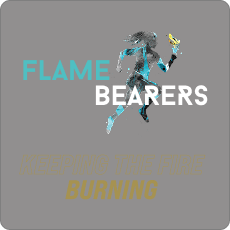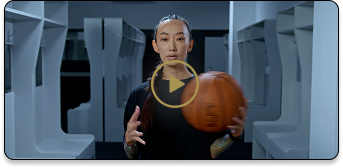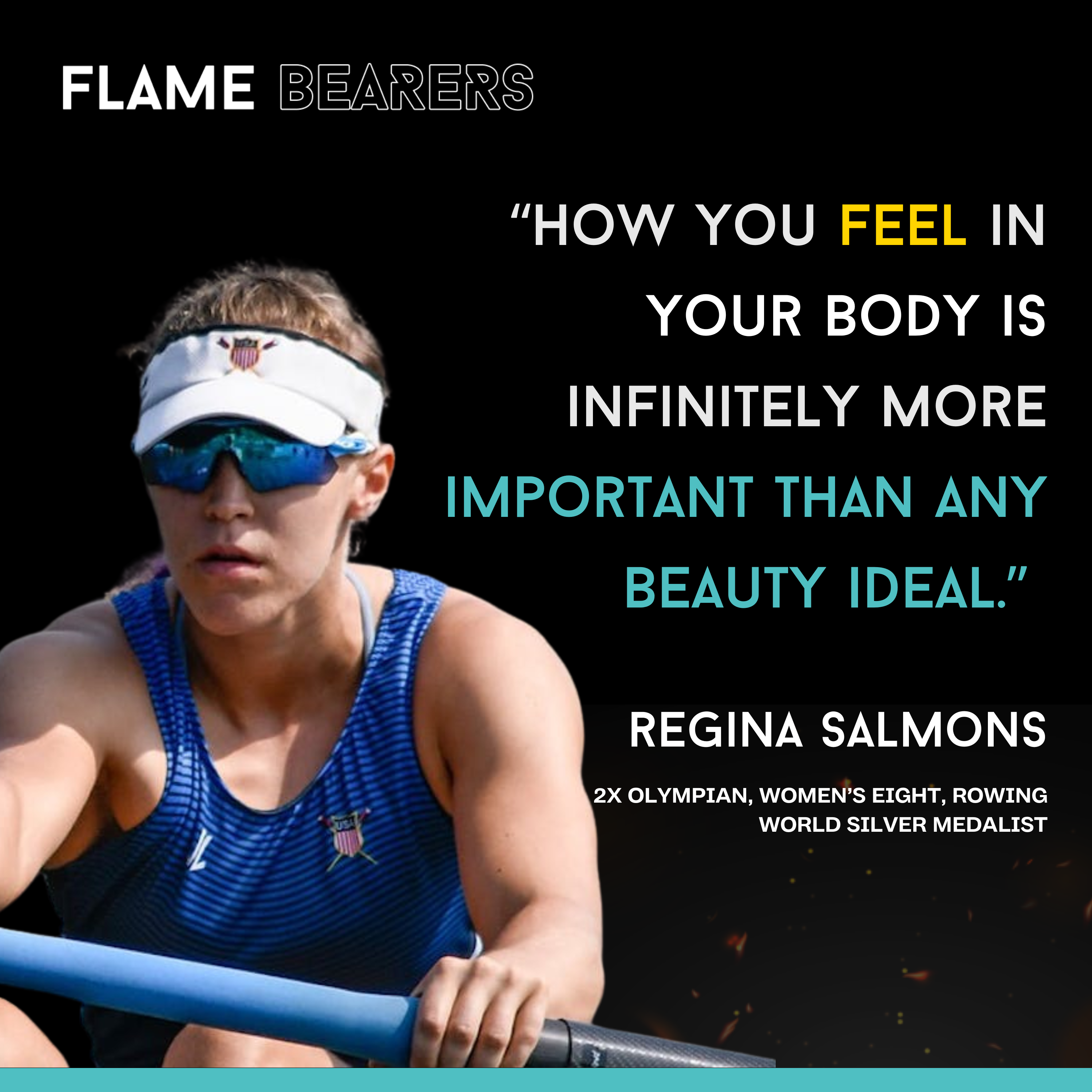Regina tried “almost every other sport” growing up, and then she found rowing at age 13. “It felt like home” she shares. Besides the feeling she loved of “pushing off the oar” and gliding through the water, Regina “saw other women who looked like [her].”
A World Silver Medalist in the Women’s Eight and 2x Olympian who just missed a medal in Tokyo (4th place), Regina and team are chasing the podium in Paris. Her personal motto is that she’s “vicious on the water but super kind out of the boat.”
In our conversation Regina opens up about battling societal norms around height for women and girls. In 6th-7th grade, Regina jumped 10 inches, so her legs were always bright red and covered in stretch marks. She was repetitively teased for being the “big girl” and though she would respond with a tough exterior, the words seeped in. Throughout the ups and downs, Regina turned to her close friends and poetry for processing. At the University of Pennsylvania, Regina was the editor in chief of the feminist literary and arts magazine “The F-word” and chaired the poetry workshop group “The Body Electric” named after Walt Whitman’s poem. As Regina mentions, having these creative outlets helped her not sizzle out on the water. Today she wants young girls to know “how you feel in your body is infinitely more important than any beauty ideal.”
—–
Thank you to We Row Like This for introducing us to Regina at the Head of the Charles.
Episodes drop every Wednesday at 5am Eastern Standard Time through the Paralympics and also every Monday through the Olympics.
—-
Flame Bearers is the world’s first media and production company specifically illuminating the unsung stories of resilient women Olympians & Paralympians. We tell stories via podcast, video, and live events and are working towards a world where people feel more represented, empowered, and enlightened about the power of community.
Learn more on our website: flamebearers.com
Watch & subscribe to our YouTube channel to watch a video version of this episode ► / @flamebearers
Follow us on social media for exclusive behind the scenes content:
Instagram: /flamebearers
Facebook: /flamebearerspodcast
Linkedin: /flame-bearers
Tiktok: /flame_bearers
X: /flame_bearers



